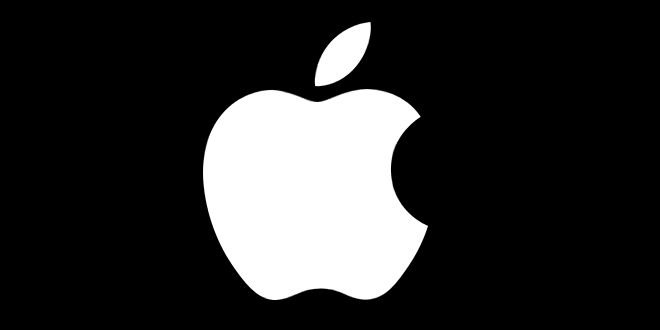A couple of weeks ago, a Brooklyn Judge temporarily rejected a request by the government to force Apple to bypass the lock screen on a phone. The government cited the All Writs Act, which can be used to compel third-parties to assist in the execution of a warrant. The judge seemed doubtful of the government's arguments, and suggested that forcing Apple to bypass the lock screen may be overly burdensome, but he deferred final judgment until Apple got a chance to make a statement on the matter.
Apple has issued its statement on the matter. In it, they suggest that bypassing the lock screen on a single phone will probably not be overly burdensome, but if it law enforcement begin requesting it on a large-scale, the burden will increase based on the number of requests. They also suggest that the engineers will likely have to testify in court in order to establish how the data was obtained, which will cause an additional burden in lost work hours. Finally Apple argues that being forced to violate the privacy of its customer without clear legal authority could, "could threaten the trust between Apple and its customers and substantially tarnish the Apple brand."
The government filed its response, dismissing Apple's concerns about the damage this could do to its reputation. The government makes the argument that because the software which keeps the phone locked belongs to Apple, they have the right to bypass it, regardless of any concerns the customers may have.
Apple wrote and owns the software that runs the phone, and this software is thwarting the execution of the warrant. Apple’s software licensing agreement specifies that iOS 7 software is “licensed, not sold” and that users are merely granted “a limited non-exclusive license to use the iOS Software.” See “Notices from Apple,” Apple iOS Software License Agreement ¶¶ B(1)-(2), attached hereto as Exhibit C. Apple also restricts users’ rights to sell or lease the iOS Software: although users may make a “one-time permanent transfer of all” license rights, they may not otherwise “rent, lease, lend, sell, redistribute, or sublicense the iOS Software.” Ex. C, ¶ B(3). Apple cannot reap the legal benefits of licensing its software in this manner and then later disclaim any ownership or obligation to assist law enforcement when that same software plays a critical role in thwarting execution of a search warrant.
Apple has since responded to the government's argument stating,
The fact that Apple’s devices include software, and that such software comes with licensing requirements, does not change anything. See Reply at 13-15. Apple’s licensing agreement does not establish a connection between Apple and the private data its customers store on their devices. It does not, for example, permit Apple to invade its customers’ devices uninvited or prohibit those customers from re-selling their devices to someone else absent consent from Apple. It merely places limitations on the customers’ use and redistribution of Apple’s software (limitations that are common to the industry). To hold that the existence of such a license is enough to conscript Apple into government service would be to say that the manufacturer of a car that has licensed software in it (which is increasingly the case) could be required to provide law enforcement with access to the vehicle or to alter its functionality at the government’s request.
Should Apple be forced to assist law enforcement bypass the lock screen? Leave your comments below.







